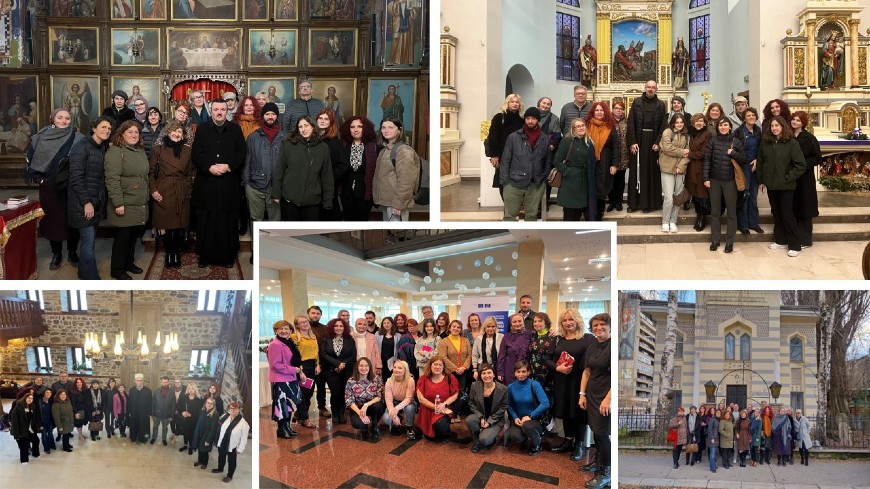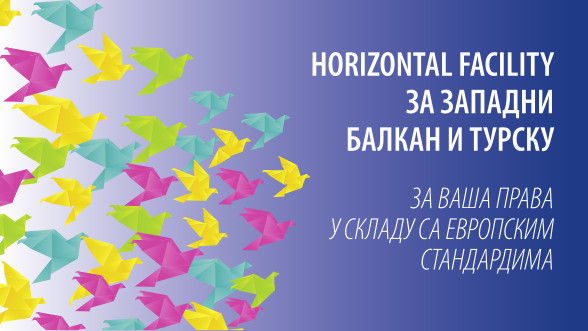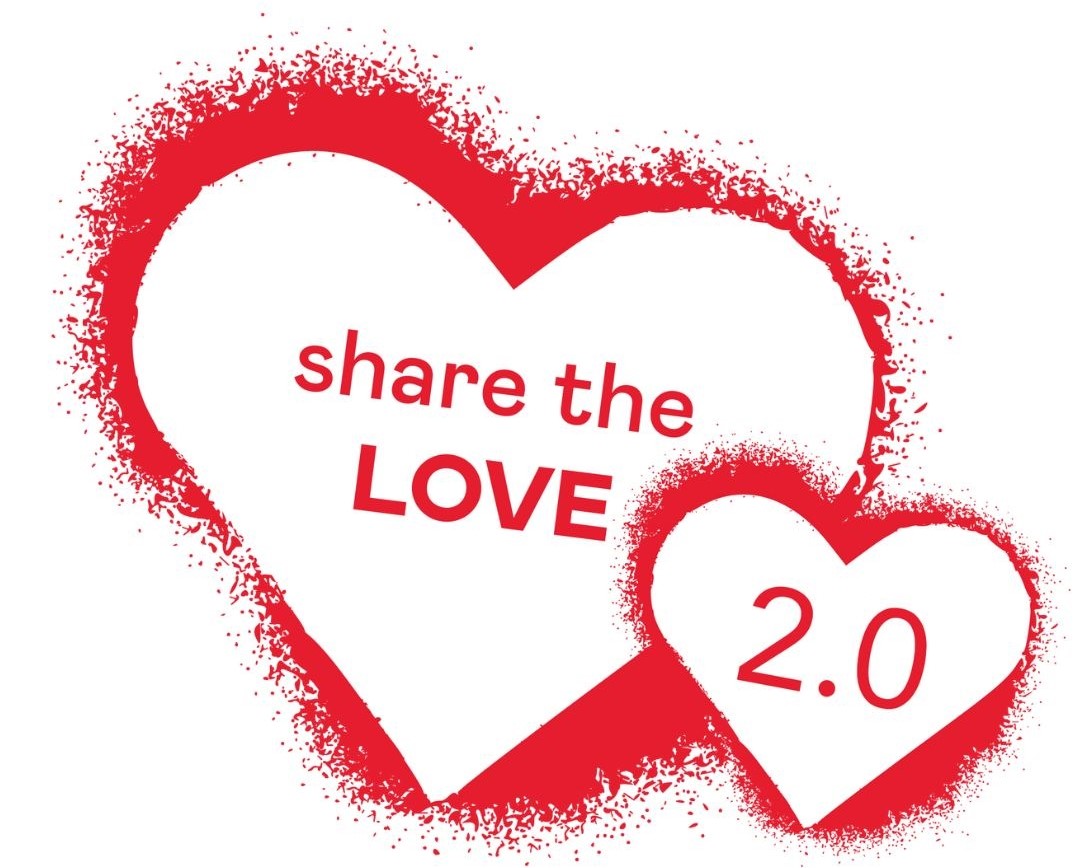The European Union and the Council of Europe, in partnership with the Ministry of Human Rights and Refugees of Bosnia and Herzegovina, started with a series of discussions under the title Human rights approach to religion. The first discussion was held on 16 December 2023 in Zenica, gathering 27 religious community representatives, media, civil society organisations (CSOs), academia, and discussing the position of women in religious communities in Bosnia and Herzegovina.
Participants discussed this topic from many perspectives. One of the issues discussed was that the holy books consider men and women equal in many terms, but that is often not the case in most of religious practices, when it comes to women's participation in management positions, lecturing, decision making, etc. Although there are some positive examples of a stronger involvement of women in management positions within their religious communities, this practice is still not very common. Many women remain a target for prejudices and discrimination. One participant stated that her religious leader didn’t want her to collaborate with him, contribute and grow in their religious base and that she felt very disappointed about this.
Discussion also raised questions about why, if we are all born equal, we don't have the same rights in practice and why human rights and equality is never given to those who are less represented, but these rights need to be fought for.
Some of the conclusions were that involvement and inclusion of women in higher hierarchical positions within religious communities is improving but still very slow and that is equally important that women and men join their efforts in this regard. A very important role in this process have theologians, who should have more freedom to question things, motivate students to their critical thinking and deconstruct women's rights in theology.
This discussion was organised with the support of the action "Towards an equal, inclusive and tolerant Bosnia and Herzegovina", which is implemented within the framework of the joint programme of the European Union and the Council of Europe "Horizontal Facility for the Western Balkans and Türkiye".



